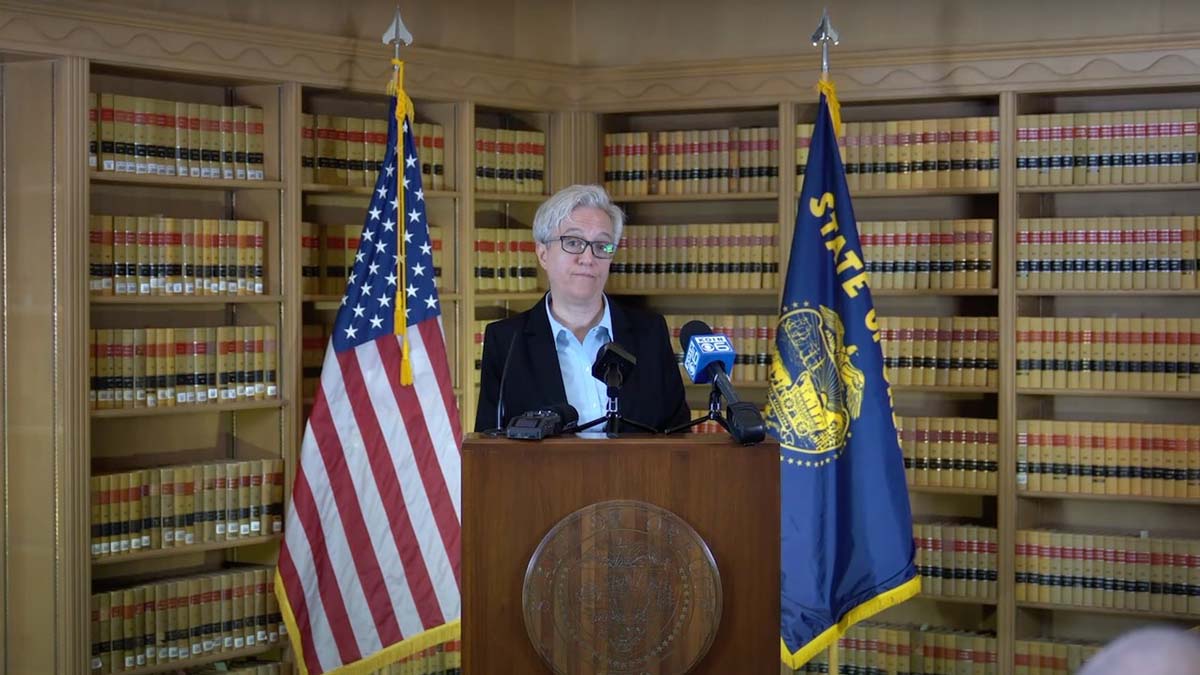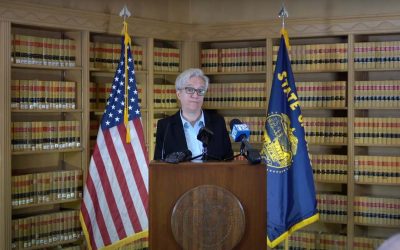SALEM, Ore. — In what political scientists are calling “the most shocking development since the invention of public comment,” Oregon Governor Tina Kotek reportedly suggested she may one day consider asking actual residents for input before approving enormous tax increases or signing multi-billion-dollar bills at the eleventh hour.
The idea surfaced during a routine press appearance in which Kotek praised the efficiency of Oregon’s “lightning fast” legislative process, a system that famously revealed a $4 billion transportation bill to the public approximately eight seconds before it became law. When asked whether Oregonians might appreciate being included in decisions that directly impact their bank accounts, the governor briefly paused and replied, “I suppose it is theoretically possible.”
Political insiders were stunned.
“It is unheard of. Oregon has operated for years on a proven method where lawmakers quietly pass new taxes and fees, release them to the public at the last minute, then act confused when people complain,” said one state policy analyst, who immediately requested anonymity out of fear the governor might accidentally ask him for his opinion next.
Rumors of a potential shift began last week after Kotek signed a new transportation package that raised gas taxes, boosted DMV fees, and introduced mileage charges for electric vehicle owners. The bill was passed so abruptly that several lawmakers admitted they had not actually read it, a tradition they say maintains the mystery and excitement of Oregon governance.
According to insiders, the governor is considering a new policy in which residents would be “politely consulted” before future tax hikes. Early drafts of the proposal suggest a cutting-edge system that allows citizens to speak, while state officials maintain their longstanding commitment to not hear anything.
Some members of the legislature voiced skepticism. One representative warned that involving voters could drastically slow the pace of government spending, while another questioned whether the average Oregonian was emotionally prepared to participate in decisions that affect their own lives.
Despite concerns, supporters say the idea could strengthen public trust. Critics argue it threatens the stability of Oregon’s political ecosystem, which depends heavily on residents finding out about new fees when they check their bank statements.
A spokesperson for the governor clarified that any future effort to ask Oregonians for input would be strictly ceremonial and entirely nonbinding. “We want people to feel included, the same way a child feels included when you let them stir the batter before you bake the cake that they are not allowed to eat,” the spokesperson explained.
For now, Kotek has formed a task force to research whether letting voters speak is compatible with Oregon government operations. The task force will submit recommendations six months after the next round of tax increases takes effect.













